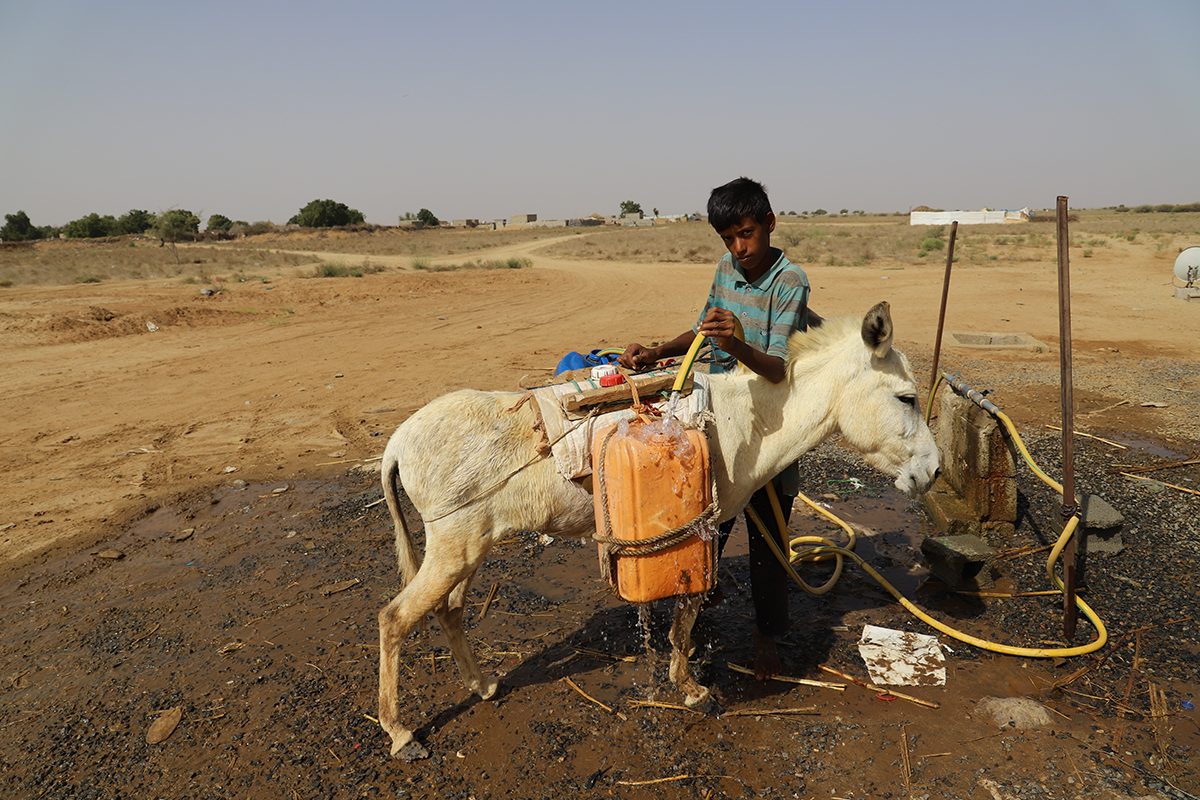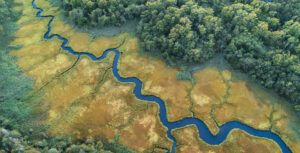Governing aquifers across borders is critical for cooperation and peace
“Nations that share an aquifer may have poor awareness of its geographical extent as well as the socio-economic dependence on the groundwater from it.”
The International Association of Hydrogeologists stresses that there is a need to improve field monitoring and data analysis. They suggest that such activities are well worth financing to avert potential water conflicts and attain water security. Additionally, decision-makers must pay attention to the social and political aspects on either side of the affected border(s). The active participation of women in water diplomacy is also critical to ensure the sustainable management of shared (ground) water resources, peace and stability, as shown in Central America.
Facilitating dialogue for better resilience
Concerted governance efforts and conjunctive management are key to consider surface water and groundwater as one common issue. In one case, from Canada–US, a transboundary agreement was negotiated and implemented by lower-level authorities, which involved public institutions representing the interests of their respective local populations. The agreement was subsequently recognized by upper levels of government.
In other words, diplomacy can matter also at the local scale, though we mostly see it as a multi-track process involving national-level ministries. In such larger scale processes, progress in dialogue facilitation and negotiations depends, to a large degree, on political will and commitments; established institutions; policy frameworks; and preferably shared norms and values. In turn, these are products of joint efforts; trust-building; and the leveraging of expertise. Together, these elements can form dialogue entry points that result in stable agreements between the concerned.
“Legal and other arrangements result from water diplomacy and enhanced awareness of the critical importance of groundwater. This is key for building resilience, to realise human rights, and to attain stable peace and water and food security in times when the effects of climate change on water availability are already noticeable,” Dr Jenny Grönwall says.
In terms of institutions, the United Nations Economic Commission for Europe (UNECE) and its Water Convention play an important role as an arena. The Conference of the Parties, its governing body, recently saw the signing of a declaration between four West-African countries that to set up a permanent mechanism for concerted management of the Senegal–Mauritanian Aquifer Basin.
Dr Jenny Grönwall will present the case study Water for Djibouti: Safeguarding shared interests on the verge of a transboundary aquifer at the ISARM Conference on the 8 December.
About ICWC
SIWI’s International Centre for Water Cooperation contributes to context-specific solutions for cooperation over shared freshwater resources. The ICWC is hosted by SIWI under the auspices of UNESCO as a Category II Centre.
Learn why water is so important for world peace








